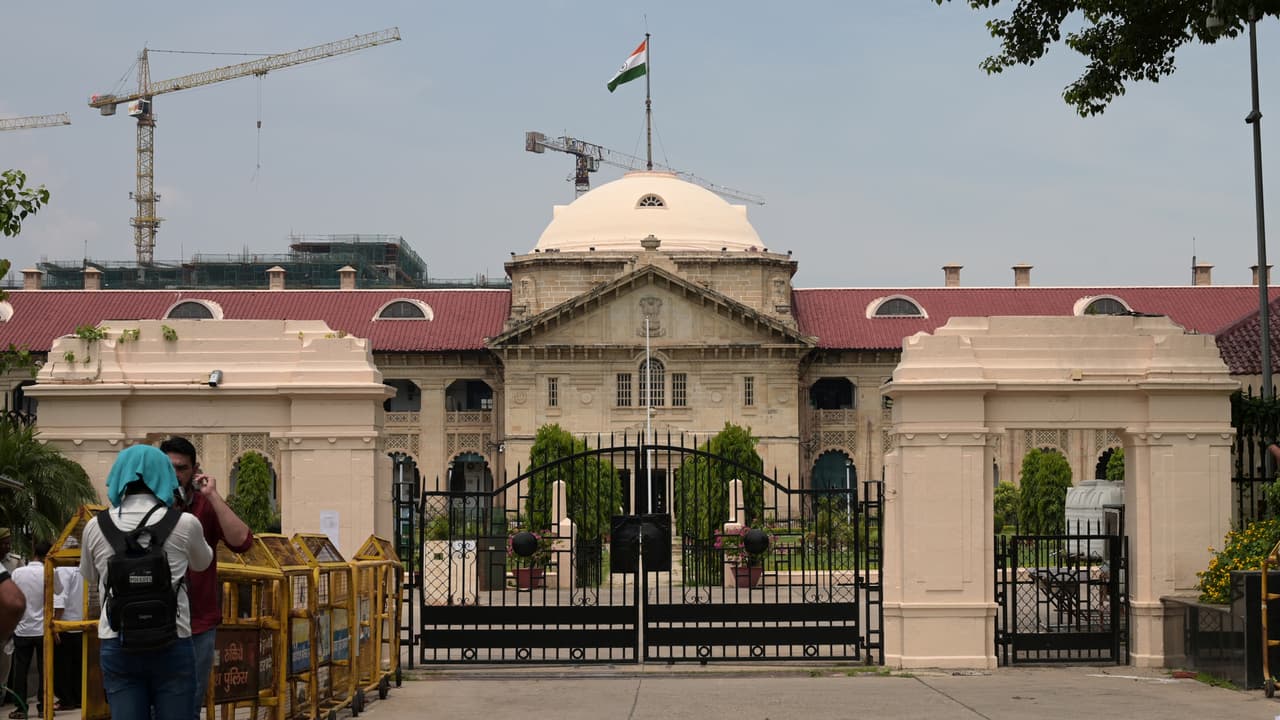The court clarified that while pro-Pakistan posts could be punishable for promoting enmity under a lesser charge (Section 196 BNS), the stricter provision must be applied cautiously to protect freedom of speech from being unnecessarily curtailed.
Prayagraj (Uttar Pradesh): The Allahabad High Court has observed that posting a message in support of Pakistan may cause resentment or disharmony within Indian society and could be punishable under Section 196 of the Bharatiya Nyaya Sanhita (BNS) for promoting enmity. However, such acts do not fall under the harsher provisions of Section 152 BNS, which deals with actions that endanger the sovereignty, unity, and integrity of India and replaced the sedition law. Justice Santosh Rai made the observation while granting bail to Sajid Chaudhary, who was accused of forwarding a Facebook comment containing the words “Pakistan Zindabad.”
‘No Criminal Record’
Chaudhary’s counsel argued that he had not circulated any videos, had no previous criminal record, and posed no risk of fleeing or tampering with evidence. The prosecution opposed the bail, branding him a separatist and alleging past misconduct, though it conceded that he had no prior criminal history. The allegation was that Chaudhary had commented on a Pakistani user’s post, writing: “Kamran Bhatti Proud of You, Pakistan Zindabad.” The Court noted that while the material showing the slogan was placed on record, no evidence suggested that Chaudhary’s actions directly threatened India’s sovereignty or integrity. It also emphasized that Section 152 BNS, being a new and stringent provision without a counterpart in the IPC, must be applied with caution.
The bench stressed that freedom of speech, including spoken words and social media activity, is protected under the Constitution and should not be curtailed unless the content clearly promotes separatism, rebellion, or activities against the nation’s unity and sovereignty. According to the Court, a simple expression of support for a foreign nation may fall under Section 196 BNS (punishable by up to seven years’ imprisonment), but it does not satisfy the stricter requirements of Section 152 BNS.
In its reasoning, the Court also referred to the Supreme Court’s recent decision in Imran Pratapgadhi v State of Gujarat (2025), which underscored that freedom of thought and expression is central to the Constitution. The apex court had also observed that social media content should be judged from the perspective of a “reasonable and strong-minded person,” rather than one with a fragile or fluctuating mindset. On these grounds, without delving into the merits of the case, the High Court granted Chaudhary bail, directing him to furnish a personal bond and two sureties, subject to strict conditions.
Why Is This Significant?
The colonial-era Section 124A of the IPC (sedition) criminalized any words or acts that brought hatred or contempt against the Government of India, carrying punishment of up to life imprisonment. It was widely criticized for being vague and for its frequent misuse against journalists, activists, and political dissenters. In contrast, the new Section 152 of the BNS (acts endangering sovereignty, unity, and integrity of India) is narrower and more specific. It focuses only on serious threats such as promotion of secession, incitement of armed rebellion, subversive or separatist activities, and actions that endanger the sovereignty, unity, or integrity of the nation. While it still carries stringent penalties, including life imprisonment or up to seven years depending on the severity, its scope is limited to protecting the nation’s sovereignty and unity, rather than punishing criticism of the government.
